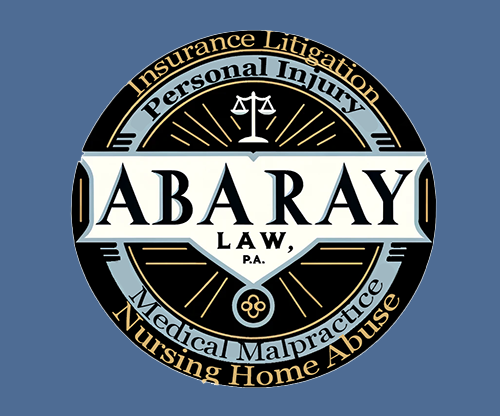Frequently Asked Questions (FAQ)
Personal Injury
Q: What should I do immediately after a personal injury incident? A: Ensure your safety and health first by seeking medical attention. Then, if possible, document the incident with photos or notes, and gather contact information from any witnesses. It’s also important to contact an attorney as soon as you can.
Q: How long do I have to file a personal injury lawsuit in Florida? A: In Florida, the statute of limitations for personal injury cases is generally two years from the date of the incident. However, it’s advisable to consult an attorney as soon as possible to ensure your rights are protected.
Medical Malpractice
Q: What qualifies as medical malpractice in Florida? A: Medical malpractice occurs when a healthcare professional deviates from standard practices, resulting in injury or harm to a patient. Examples include misdiagnosis, surgical errors, and neglect.
Q: How do I prove a medical malpractice case? A: Proving medical malpractice typically involves showing that the healthcare provider’s negligence caused your injury. This usually requires medical records, expert testimony, and detailed legal analysis.
Nursing Home Abuse
Q: What are the signs of nursing home abuse or neglect? A: Signs can include unexplained injuries, sudden changes in behavior, poor hygiene, unattended medical needs, and unexpected weight loss. It’s crucial to report any suspicions immediately.
Q: Who can be held liable for nursing home abuse? A: Depending on the case, liable parties might include individual staff members, administrators, or the nursing home itself. Liability is determined based on who was negligent or abusive.
Insurance Litigation
Q: What is insurance litigation? A: Insurance litigation involves legal disputes regarding insurance claims. This can include denial of a rightful claim, underpayment, or disputes over the terms of an insurance policy.
Q: Can I challenge my insurance company if they deny my claim? A: Yes, policyholders can challenge an insurance company’s decision. An attorney can help navigate the process, which may involve negotiation, arbitration, or litigation.
General Questions
Q: Why should I hire a Florida attorney for these cases? A: Florida laws and regulations are specific and can be complex. An attorney with local expertise can navigate these effectively and has experience dealing with local courts and insurance companies.
Q: How are attorney fees handled in these cases? A: Many personal injury and malpractice attorneys work on a contingency fee basis, meaning they only get paid if you win your case. Fee structures can vary, so it’s important to discuss this with your attorney.
